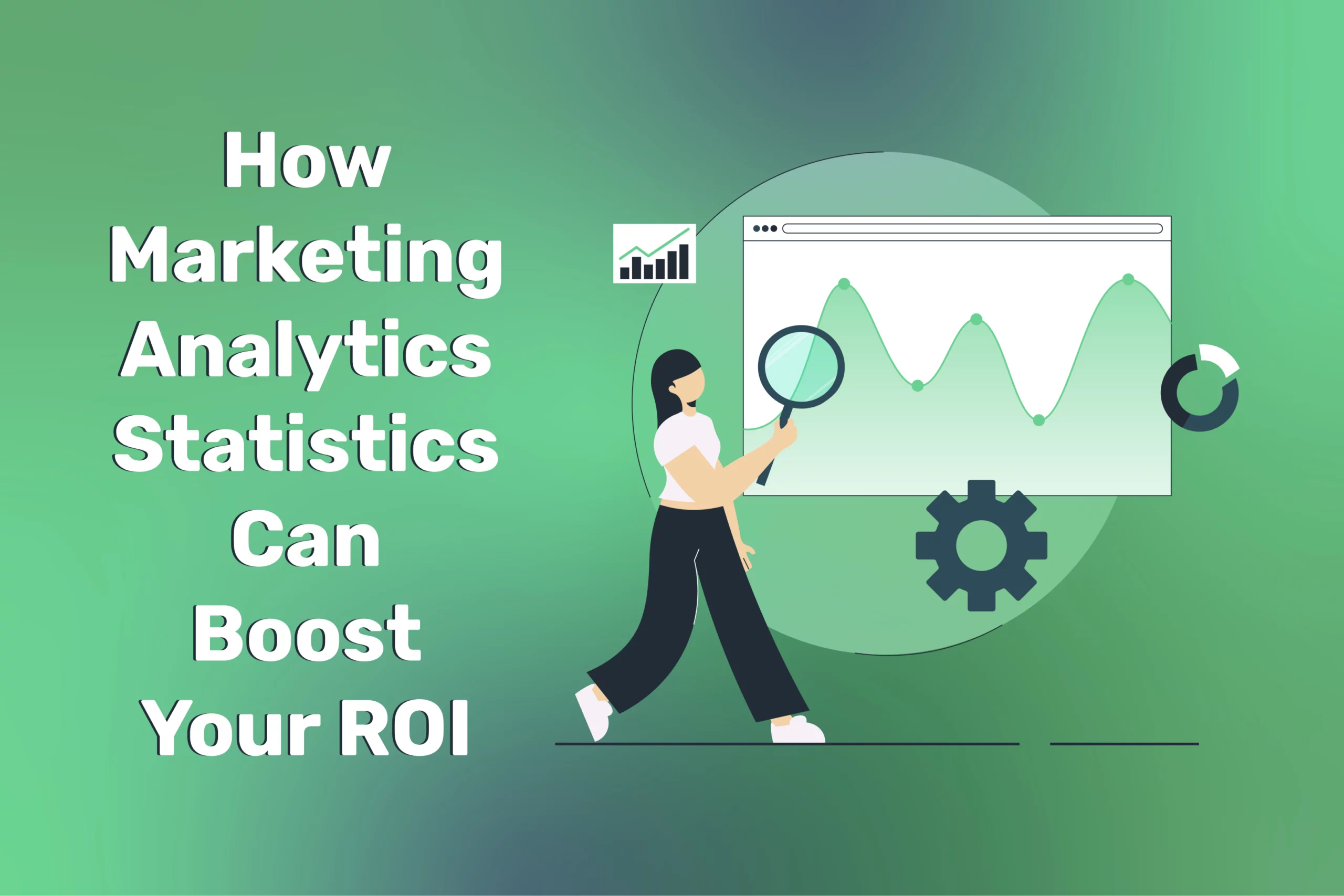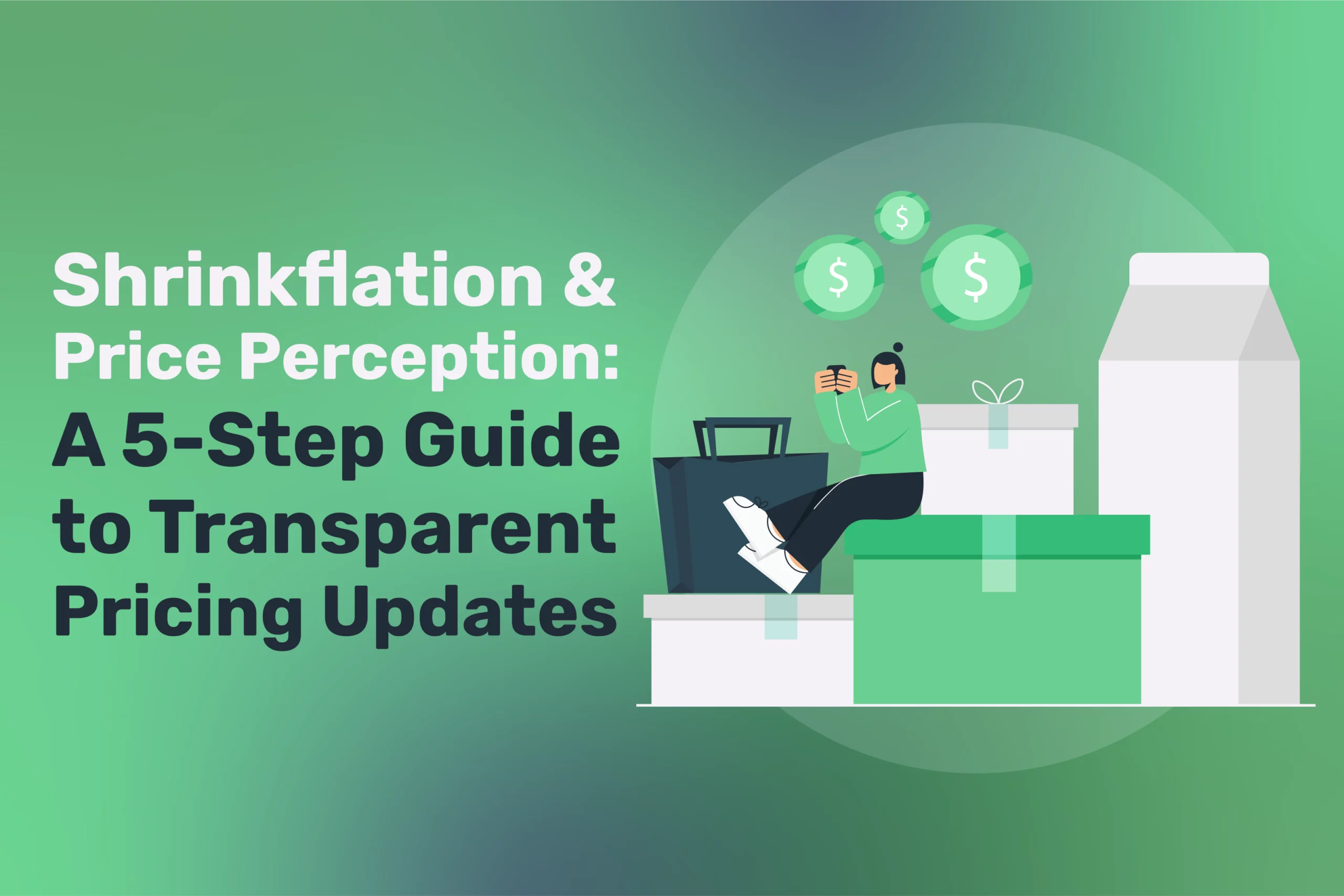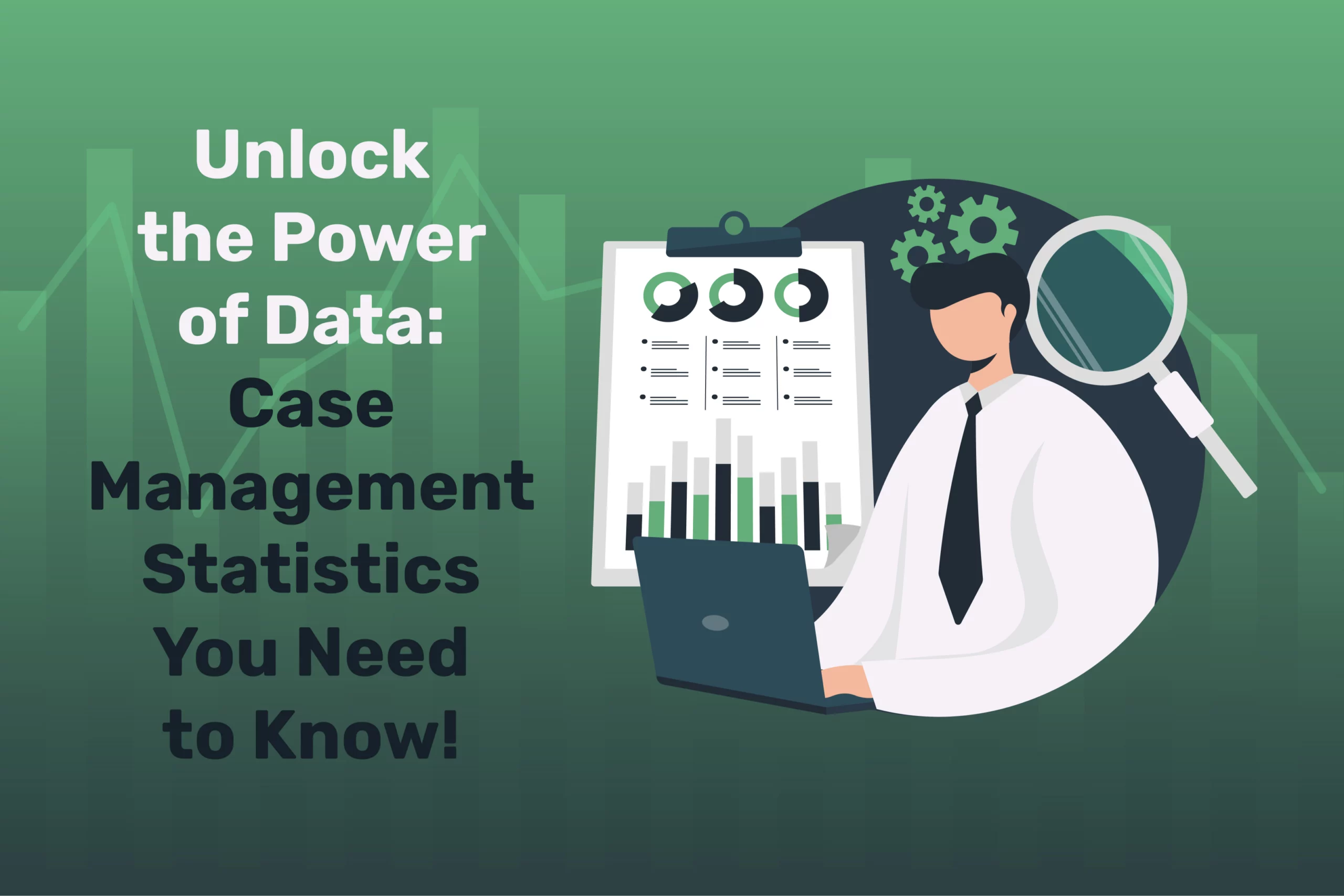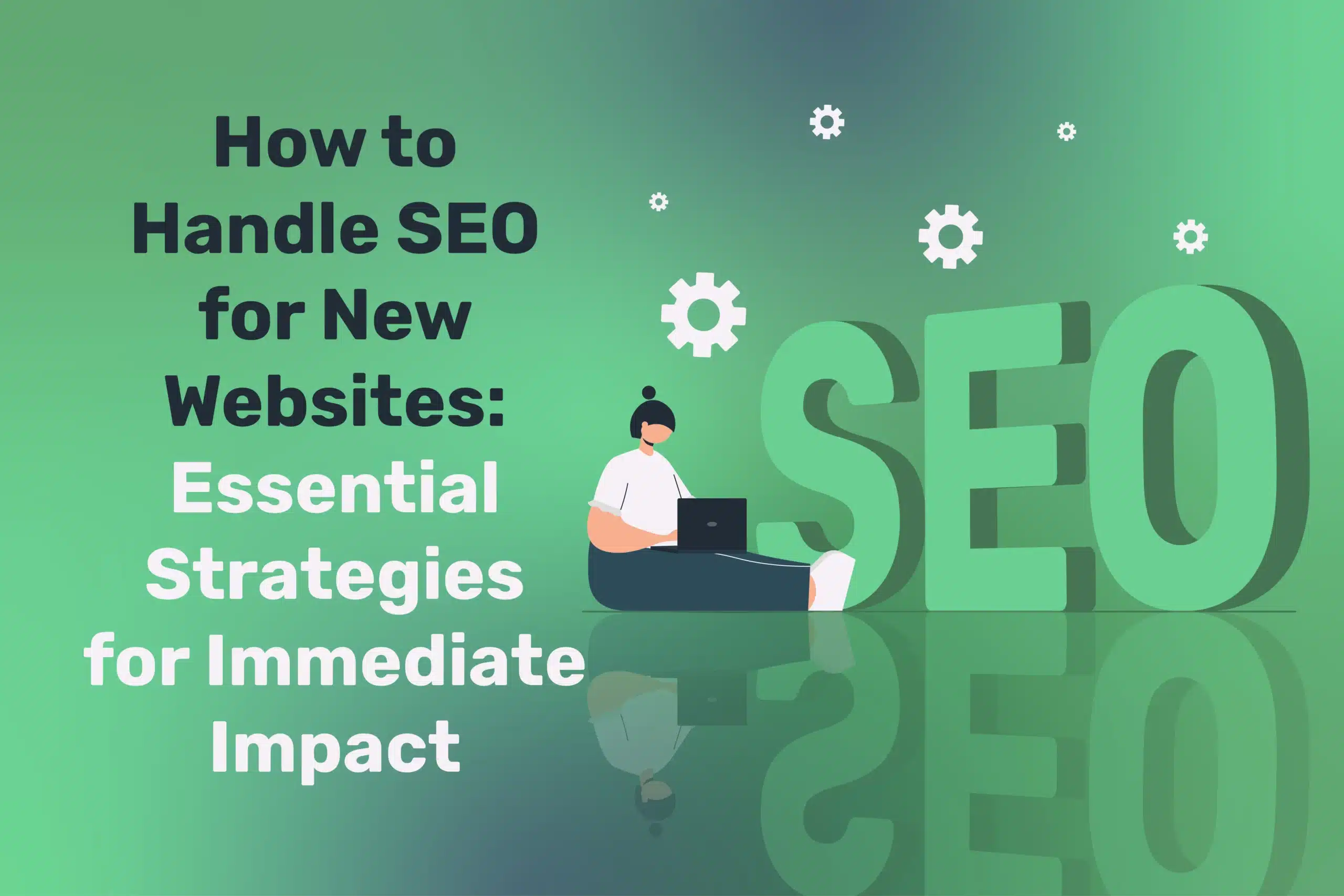
Greenwashing vs Real Sustainability: How to Market Ethically in 2025
Table of Contents
Sustainability has become a major selling point for businesses worldwide, but with that rise in demand comes the risk of greenwashing—where brands exaggerate or falsify eco-friendly credentials. As companies look to highlight their environmental efforts, the line between genuine sustainability and marketing hype can blur. This comprehensive guide explores greenwashing vs real sustainability and helps businesses avoid greenwashing pitfalls, build real eco-trust, and ethically market sustainability in 2025 and beyond.
Defining Greenwashing
Greenwashing occurs when a brand misleads consumers about environmental benefits—promoting vague claims like “all-natural” or “eco-friendly” without credible proof. It’s not always intentional deception; organisations might have partial data but present it as comprehensive. Either way, customers who detect greenwashing can quickly lose trust and confidence in a brand.
Common greenwashing tactics include:
- Using vague terminology without specific meaning (e.g., “green,” “eco-conscious”)
- Making environmental claims without verifiable evidence
- Highlighting a single green attribute while ignoring significant environmental impacts
- Creating misleading visual imagery that suggests environmental benefits
- Claiming industry-leading practices when merely meeting minimum requirements
A 2024 consumer ethics survey reported 58% of consumers in the UK would boycott a brand if exposed for greenwashing, illustrating the significant reputational stakes involved.
Why Genuine Sustainability Matters
Sustainability is more than just a buzzword—it’s a commitment to long-term environmental, social, and economic responsibility. Businesses that embrace genuine sustainability not only reduce their ecological footprint but also build trust with conscious consumers, drive innovation, and future-proof their operations.
Consumer Demand
Customers increasingly weigh ethical factors in purchase decisions. Multiple studies show that when consumers sense authenticity in sustainability efforts, brand loyalty and advocacy grow substantially.
Sustainability shouldn’t be a mere tagline for Irish or UK businesses,” says Ciaran Connolly, Director of ProfileTree. Genuine efforts—like transparent data, verified certifications, and ongoing improvement—build customer trust for the long run. Greenwashing erodes brand credibility faster than any short-term marketing gain.
Local / Global Regulations
The UK’s Competition and Markets Authority has introduced guidelines for environmental claims, ensuring businesses have data to back them up. Similar regulatory frameworks exist in Ireland and Northern Ireland, with enforcement becoming increasingly stringent.
The EU’s Green Claims Directive, expected to be fully implemented by 2025, will require businesses to substantiate environmental claims with scientific evidence and transparent methodologies. This regulatory landscape makes accurate sustainability communication not just ethical but legally necessary.
Brand Longevity
A business that invests in real sustainability often sees better resource efficiency, improved brand image, and enhanced operational resilience. These genuine efforts typically deliver cost savings through reduced waste, energy efficiency, and streamlined processes—creating a virtuous cycle of business and environmental benefits.
Interesting Note: In a 2023 Northern Ireland local business poll, 48% of consumers considered a brand’s eco-commitment “very important” in deciding whom to buy from. This figure represents a 12% increase from similar polling just two years earlier, indicating rapidly growing consumer awareness.
Presenting Data and Offsets
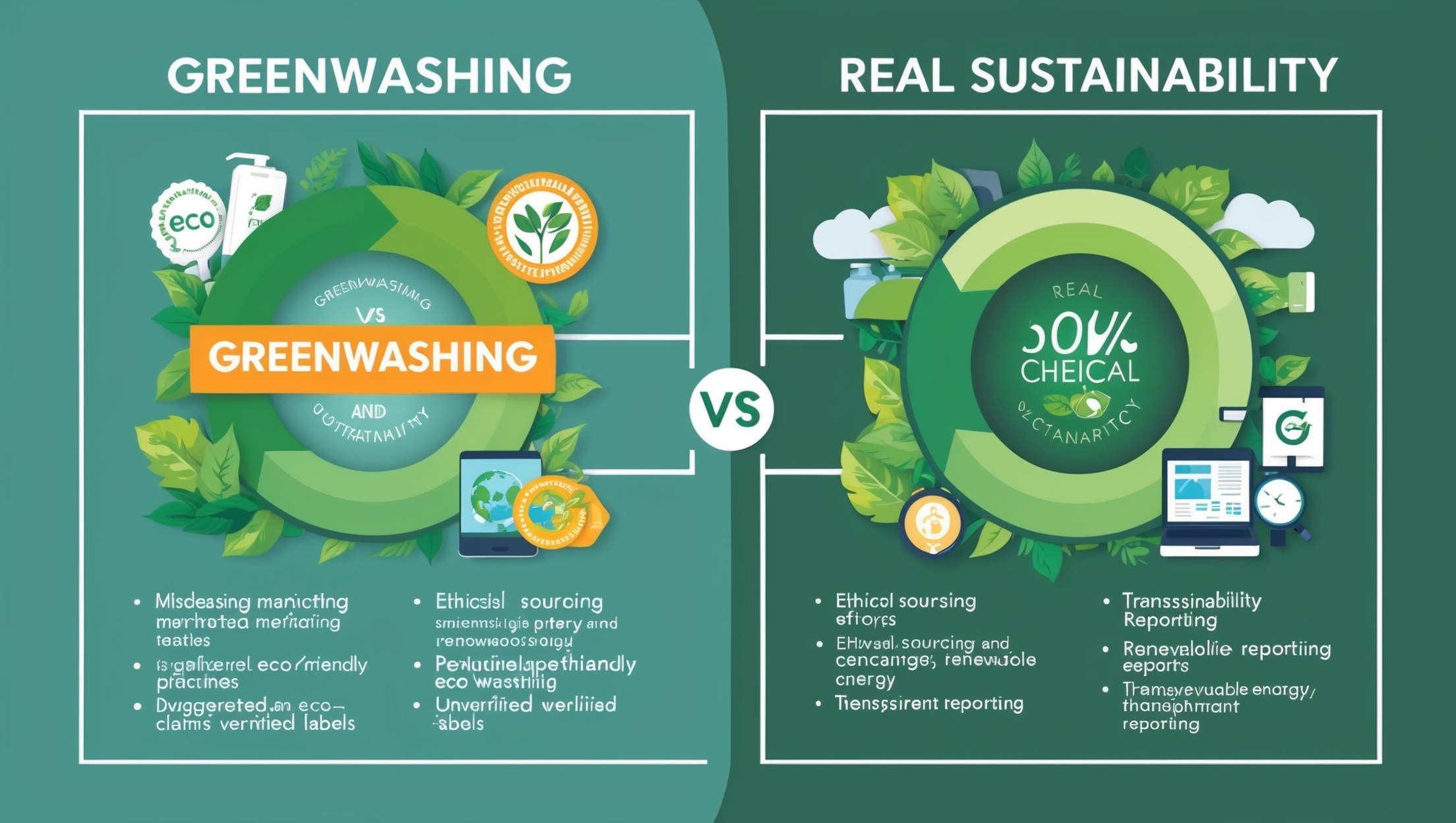
Transparent reporting on sustainability efforts is key to credibility. Businesses should present data on energy usage, carbon footprints, and waste reduction, along with verified offsets such as tree planting or renewable energy investments. Clear, measurable progress helps build trust and demonstrates real commitment.
Concrete Numbers
Instead of saying “we’ve reduced waste,” quantify your achievements with specific metrics: e.g., “we lowered plastic packaging by 30% in 2024 compared to 2023.” Precise figures demonstrate real commitment and give consumers tangible information to evaluate.
Contextual Benchmarks
Provide prior baselines when sharing sustainability achievements. When customers can see year-on-year improvements, they can confirm real progress rather than isolated statistics that lack context.
Effective contextual reporting might include:
- Comparative data across multiple years
- Industry average benchmarks alongside your figures
- Total environmental impact alongside percentage improvements
- Both absolute numbers and relative metrics (e.g., emissions per product)
Carbon Offsets
If claiming carbon neutrality, detail exactly how offsetting occurs (tree planting, renewable energy credits, etc.). Clearly distinguish which emissions are offset versus directly reduced through operational improvements.
Best practices for carbon offset communication include:
- Identifying specific offset projects and their locations
- Sharing verification standards used to validate offsets
- Explaining how offset quantities were calculated
- Demonstrating how offsets fit into a broader carbon reduction strategy
A 2025 environmental marketing review found businesses are 25% more likely to earn consumer trust when they publish year-over-year sustainability data compared to those making general claims without supporting evidence.
Certifications and Verifications
Third-party endorsements or certifications help businesses avoid greenwashing pitfalls by providing independent validation of environmental claims:
Comprehensive Business Certifications
- B Corp Certification: Rigorous assessment of social and environmental performance across all business operations
- ISO 14001: International standard for effective environmental management systems
- Planet Mark: UK-based certification for businesses committed to continuous improvement in sustainability
Product-Specific Certifications
- FSC (Forest Stewardship Council): Ensures paper or wood comes from responsibly managed forests
- Fairtrade: Validates ethical treatment and fair compensation throughout supply chains
- Organic Standards: Various certifications confirming adherence to organic production methods
- Cradle to Cradle: Evaluates product sustainability across five categories including material health and recyclability
While these certifications can require significant investment in time and resources, they provide official validation that sustainability claims aren’t mere marketing spin. For businesses serious about environmental responsibility, they represent a valuable investment in credibility.
Long-Term Brand Trust vs. Short-Term Gains
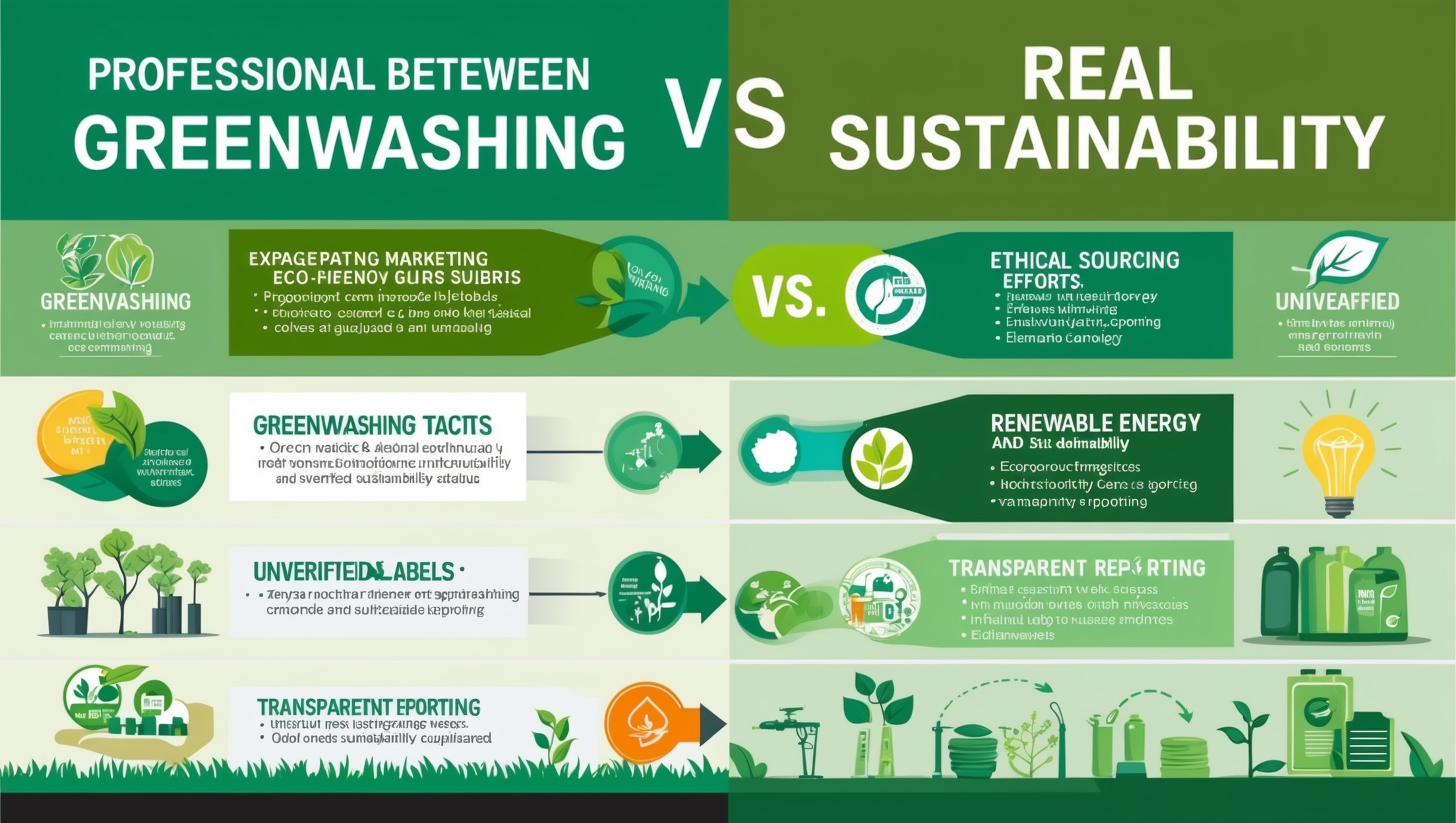
Greenwashing might produce a short spike in goodwill or sales if consumers initially believe eco-friendly claims. However, if customers later discover contradictory facts—like hidden emissions or supply chain issues—the long-term backlash can be severe and lasting.
A 2024 brand trust index revealed that consumers who feel “deceived” by fake green claims are almost twice as likely to leave negative reviews or share negative word-of-mouth across social platforms. The net effect can entirely undermine any initial marketing gains while creating lasting reputation damage.
The Cost of Lost Trust
Once environmental credibility is compromised, rebuilding trust requires significantly more investment than establishing it initially. Businesses exposed for greenwashing typically experience:
- Immediate drops in consumer confidence
- Increased scrutiny of all marketing claims
- Higher cost to acquire new customers
- Potential regulatory investigations or penalties
- Difficulty attracting sustainability-focused talent
This damage to brand equity often far outweighs any short-term benefits gained from exaggerated environmental claims.
Crafting Ethical Sustainability Marketing
Ethical sustainability marketing goes beyond greenwashing—it requires honesty, transparency, and accountability. Brands should communicate their eco-friendly initiatives with verifiable data, avoiding exaggerated claims. Storytelling, backed by real impact metrics, helps build trust and foster genuine connections with eco-conscious consumers.
Assess Core Impact Areas
Identify where your business has the most significant environmental footprint. Are your biggest eco impacts in manufacturing, shipping, energy usage, or elsewhere? Start by measuring each area thoroughly to establish baselines and identify priorities.
Tools for assessment include:
- Carbon footprint calculators specific to your industry
- Supply chain environmental impact assessments
- Energy and resource consumption audits
- Waste stream analysis
Implement Real Solutions
Before promoting achievements, adopt actual eco changes such as greener packaging, local sourcing, renewable energy, or waste reduction initiatives. These tangible actions provide the foundation for credible sustainability marketing.
Communication Strategy
Use brand channels—website, social media, packaging, etc.—to share your sustainability journey transparently. Acknowledge incomplete areas or next steps in your environmental strategy. Consumers appreciate honesty more than vague “we are green” statements.
Effective communication approaches include:
- Sustainability reports with specific metrics and goals
- Behind-the-scenes content showing actual practices
- Clear explanations of environmental trade-offs or challenges
- Regular updates on progress toward stated goals
Customer Involvement
Create “green challenges” or campaigns encouraging customers to participate in sustainability efforts, such as recycling packaging or sharing usage tips that reduce environmental impact. This engagement turns customers into brand ambassadors while reinforcing your commitment.
Case Study: A mid-sized cosmetics company in London replaced single-use plastics with biodegradable packaging, documented each month’s savings, and posted frequent updates about their journey. Over six months, brand mention positivity soared by 40% (London SME Eco Survey, 2024), demonstrating the marketing value of transparent sustainability communication.
Stats and Frameworks
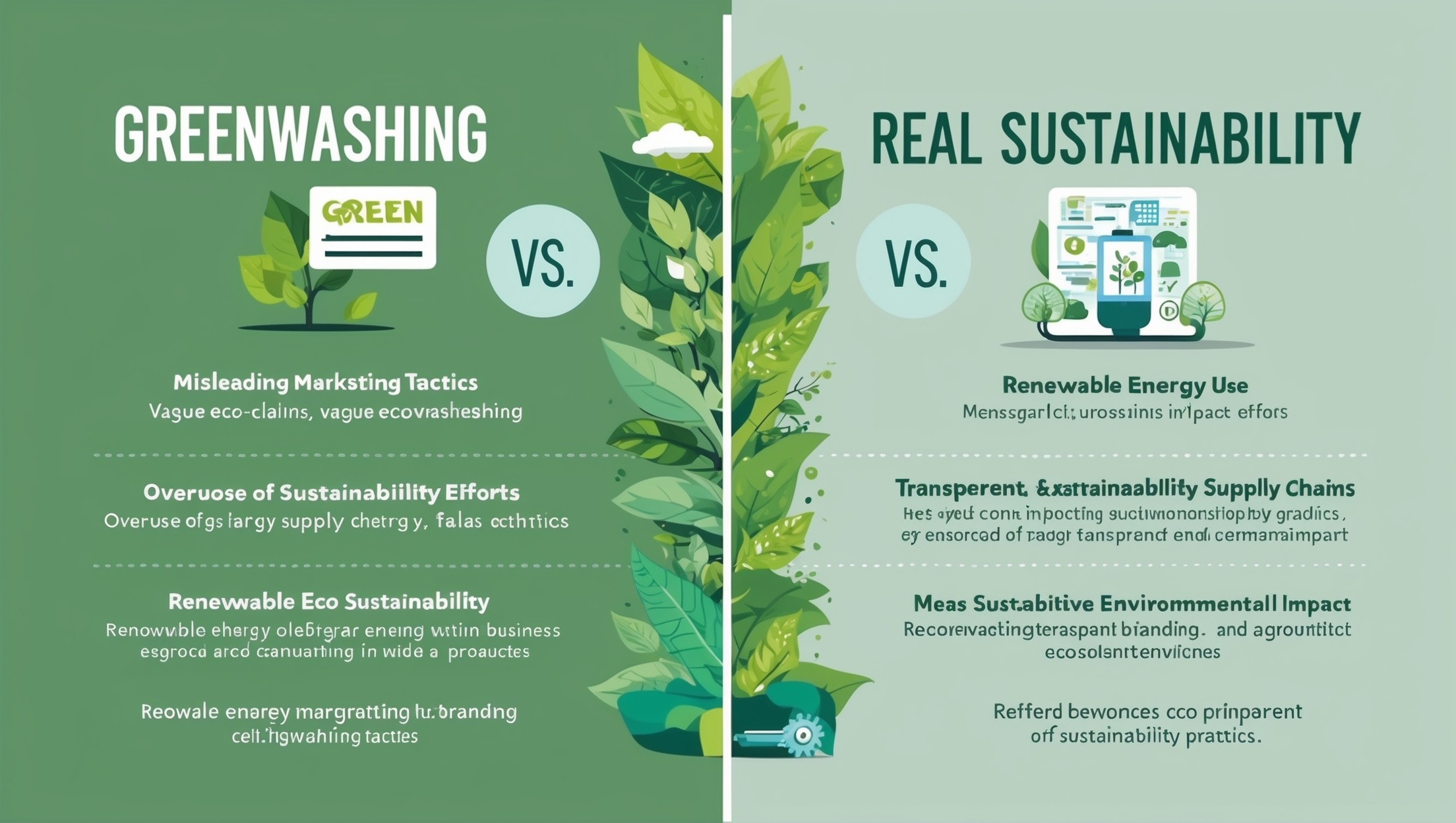
- 58% of UK consumers would boycott greenwashing brands (Consumer Ethics Survey, 2024)
- 48% of Northern Ireland consumers see eco-commitment as a top deciding factor (NI Local Business Poll, 2023)
- B Corp membership soared by 35% across Europe from 2022 to 2024, reflecting businesses’ desire for credible eco standards (B Corp Growth Data, 2024)
- Brands that publicly share year-over-year sustainability metrics see on average a 25% increase in consumer trust (Environmental Marketing Review, 2025)
Frameworks for Sustainable Business
Several established frameworks can guide your sustainability efforts and communications:
B Corp Framework
Provides a comprehensive assessment across governance, workers, community, environment, and customers. The certification process offers a roadmap for improvement even for businesses not yet ready to certify.
ISO 14001
Offers a systematic approach to environmental management, helping businesses identify, monitor, and control their environmental impact. The framework emphasises continuous improvement rather than specific performance levels.
CarbonNeutral Protocol
Provides detailed guidance for measuring, reducing, and offsetting greenhouse gas emissions. This internationally recognised framework ensures carbon neutrality claims meet rigorous standards.
Science Based Targets initiative (SBTi)
Helps businesses set emission reduction targets aligned with climate science and the goals of the Paris Agreement. This framework is particularly valuable for businesses committed to meaningful climate action.
Building Authentic Eco-Commitments
In an era where consumers actively seek brands with ethical, eco-friendly positions, greenwashing is a pitfall that can damage reputations irreversibly. The solution lies in transparent, data-backed sustainability marketing, rigorous verification through recognised certifications, and honest communication about both achievements and areas for improvement.
For businesses in Northern Ireland, Ireland, or the wider UK, embracing genuine sustainability helps align with evolving consumer values while meeting increasingly strict regulations on environmental claims. By focusing on real, measurable actions and presenting them openly, companies can build a brand identity anchored in trust and responsibility, ensuring long-term loyalty and positive environmental impact.
Starting Your Authentic Sustainability Journey
- Conduct an honest assessment of your current environmental impact
- Set specific, measurable goals with clear timelines
- Implement operational changes that reduce your environmental footprint
- Measure outcomes using recognised methodologies
- Communicate transparently about both successes and challenges
- Seek third-party verification when making significant claims
- Engage customers in your sustainability journey
This approach ensures your sustainability marketing rests on a foundation of genuine action rather than exaggerated claims. The resulting authenticity not only protects against accusations of greenwashing but transforms sustainability into a genuine competitive advantage and source of brand value.
ProfileTree specialises in helping businesses across Northern Ireland, Ireland, and the UK develop authentic sustainability marketing strategies. Our team combines environmental knowledge with digital marketing expertise to create communications that accurately reflect your sustainability journey while engaging your target audience. Contact us to discuss how we can help your business communicate its environmental commitments effectively and ethically.
